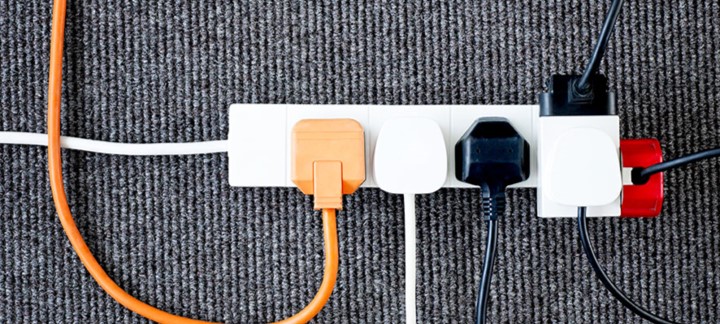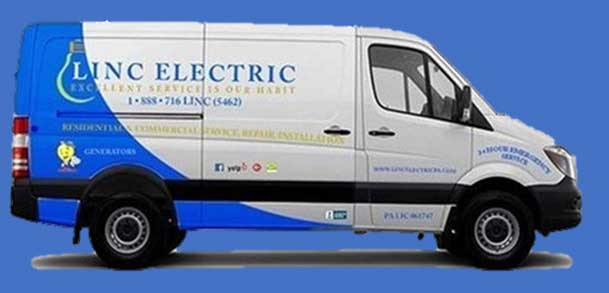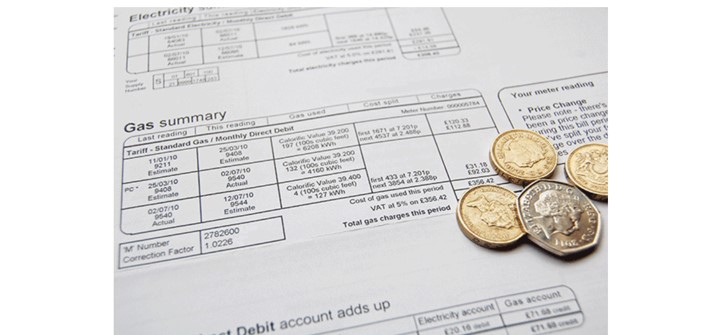Avoiding an Overload in Your Power Points

A power point overload occurs when you exceed the maximum amperage of the electrical circuit you are using. This can be caused by plugging too many appliances into the one power point or running appliances that draw high amps at the same time. The result of an overload can be a short circuit and quite possibly a fire.
Too many appliances
Many older style homes have only one or two power points per room, so the temptation is to plug in a double adaptor or power board to increase the number of outlets. This is quite acceptable, providing they are used in moderation.
The problem occurs when people piggy-back one double adaptor on top of another or plug double adaptors into power boards and even power boards into power boards. This is guaranteed to exceed the circuit’s amperage and is a house fire waiting to happen.
The alternative is to only use appliances one or two at a time, to turn appliances off or unplug them when not in use, or ideally to have an electrician install another power point in the room.
High amp appliances

Some appliances draw more amps than others. A battery charger, for example, draws very low amps, while an electric kettle can draw very high amps. If you only have one power point in your kitchen, avoid running mixers, kettles, toasters, blenders and other such power-hungry devices at the same time, or you will probably exceed the amperage of the power point. Similarly in the bathroom, try not to use hair dryers, electric razors and heaters all at the same time.
Overload protection
Every household meter box contains a series of overload protection devices, designed to cut the power to circuits when their amperage has been exceeded. The two main devices are:
Fuses
These are ceramic holders containing thin strips of wire which are designed to melt when too much current passes through them. The thickness of the wire determines how much current is required before it will ‘blow’.
Circuit breakers
These are the modern equivalent of fuses. Instead of wire, they have highly sensitive switches that are activated when too much current passes through them, causing them to ‘trip’ and break the circuit.
Power boards also have built-in overload protection. This is usually in the form of a small circuit breaker which trips when more power is drawn than the board is rated to carry. The board also contains a reset switch to return it to normal use after the circuit breaker has been tripped.
Overload precautions

If a fuse or circuit breaker blows or trips in your meter box, it usually means there is a problem in the circuit. You are either running too many high-amp appliances, or there is a fault somewhere in the circuit. Before you replace the fuse or reset the circuit breaker, check for a problem. If you can’t find a reason and it happens again, have an electrician inspect your wiring, because when electricity is involved, small faults left unrectified can turn into large and dangerous problems very quickly.






